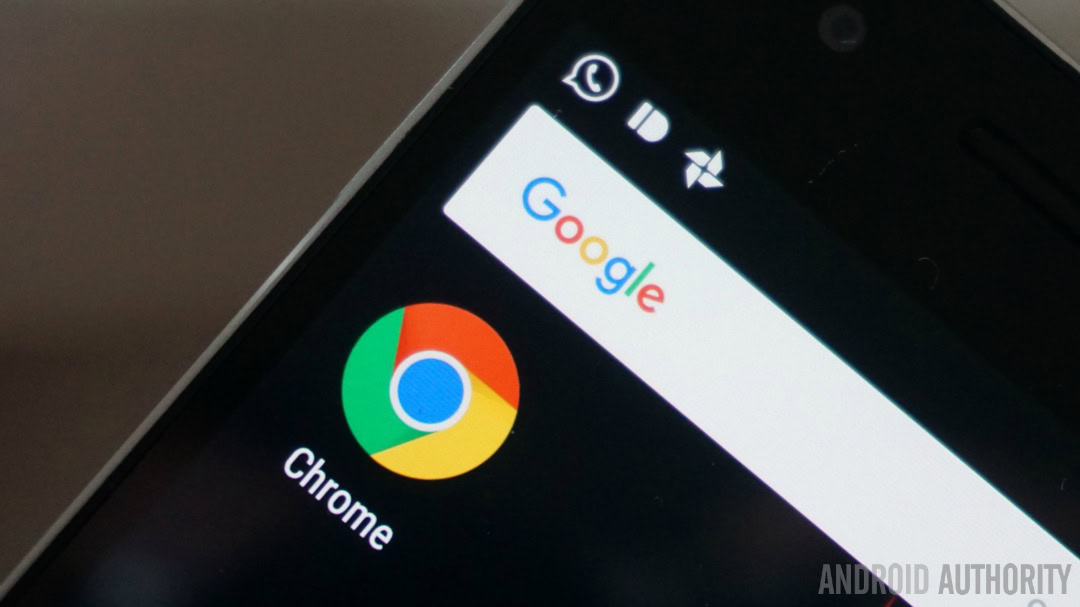Affiliate links on Android Authority may earn us a commission. Learn more.
Google will reportedly help publishers prepare for Chrome's upcoming ad-block-pocalypse
June 1, 2017

Google’s Chrome browser will reportedly introduce native ad-blocking in the near future, and the search giant allegedly wants to prepare publishers for what seems to be the inevitable.
Dubbed “Ad Experience Reports,” the self-service tool will alert publishers about any offending ads and offer ways to fix issues with those ads. According to previous reports, offending ads include those listed by the Coalition for Better Ads: pop-ups, autoplaying video ads with sound, and “prestitial” ads that feature countdown timers before being shown.
The good news for publishers is they have reportedly been given plenty of advanced warning; the tool will be provided before Chrome’s ad-blocking feature goes live. Google also allegedly briefed publishers, agencies, and advertisers about its ad-blocking plans sometime during the past few weeks.

When news first broke of the feature, we could not help but think the move is a bit counter-intuitive, since Google’s revenue heavily depends on online advertisements. People familiar with the plans, however, said this is a defensive move in the sense that Google wants an improved user experience and wants to exorcise the large number of third-party ad-blocking add-ons.
The interesting thing is, if Chrome’s ad-blocking feature is real, Google can choose to block all ads on sites that contain “unacceptable” ads, even if there is only one such ad. As such, the feature puts the onus on the website to provide acceptable ads.
This is not the first time a browser has natively offered ad-blocking features. Opera and others currently offer such a feature. The main difference is Chrome is the browser market leader. As such, native ad-block for Chrome, a feature that will reportedly be turned on by default, could have significant implications moving forward.
If rumors are correct, ad-blocking will make its way to the desktop and mobile versions of Chrome sometime next year.